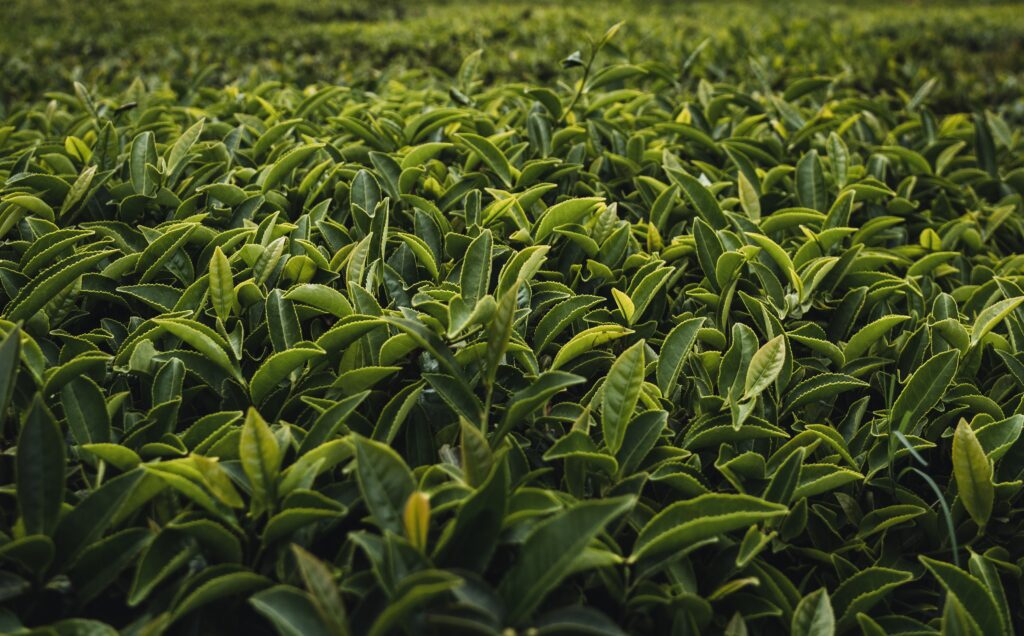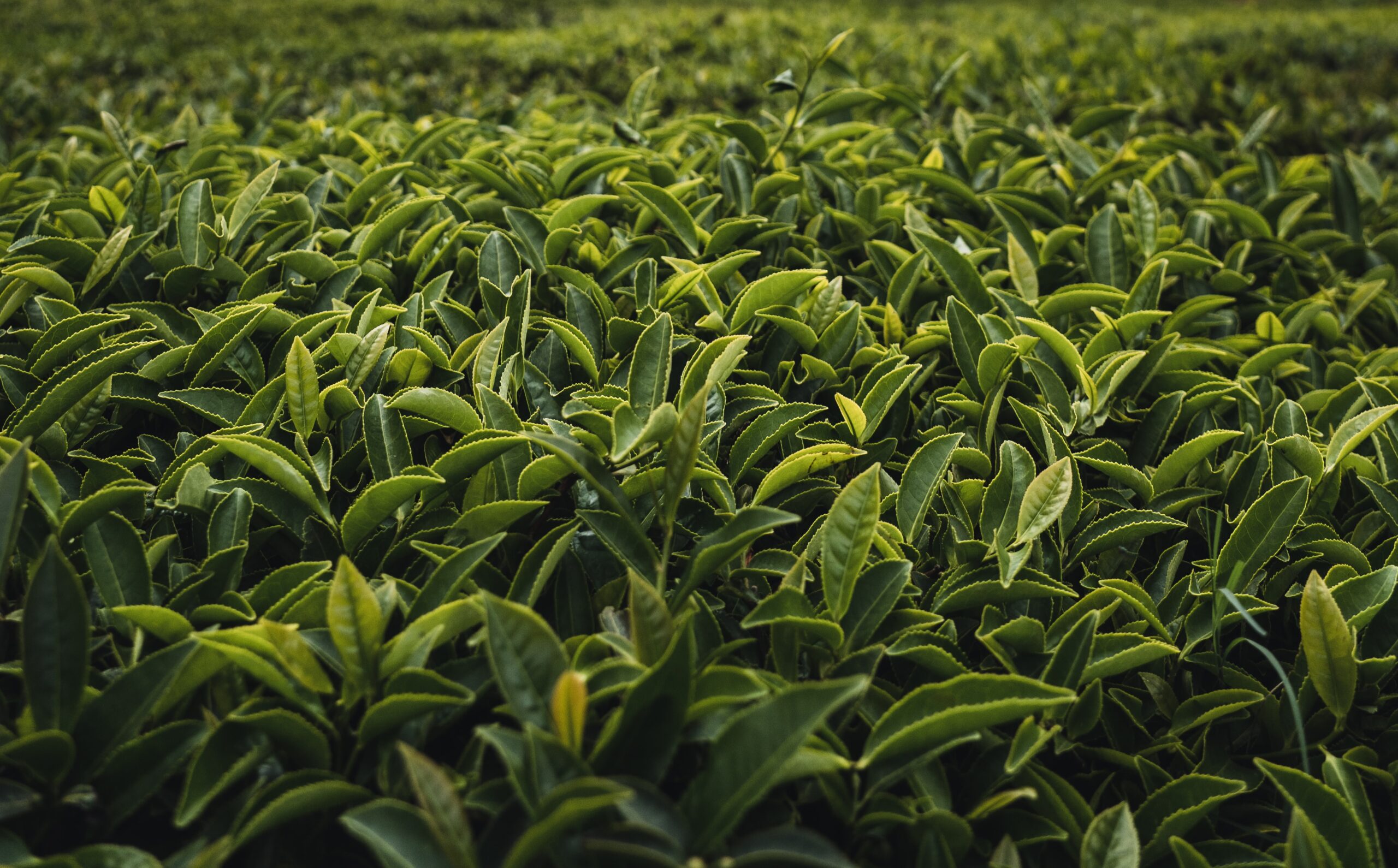Melanin is the pigment that gives skin its color. The production of melanin is controlled by the melanocyte cells in the skin.
Herbs that have been shown to inhibit the production of melanin include:
1. Chamomile
Chamomile (Matricaria chamomilla) is a perennial herb that is native to Europe and Asia. It has been used medicinally for centuries.
2. Green Tea
Green tea (Camellia sinensis) is a popular beverage that is made from the leaves of the Camellia sinensis plant. Green tea contains polyphenols, which are natural antioxidants. One of the polyphenols in green tea, epigallocatechin-3-gallate (EGCG), has been shown to inhibit the production of melanin in human skin cells (in vitro).

3. Grape Seed Extract
Grape seed extract is made from the seeds of grapes. It is a rich source of polyphenols, which are natural antioxidants.
4. Licorice Root
Licorice root (Glycyrrhiza glabra) is a perennial herb that is native to Europe, Asia, and Africa.
5. Mulberry
Mulberry (Morus alba) is a deciduous tree that is native to Asia. The leaves of the mulberry tree have been used medicinally for centuries.
6. Rosemary
Rosemary (Rosmarinus officinalis) is a perennial herb that is native to the Mediterranean region. Rosemary extract has been shown to inhibit the production of melanin in human skin cells (in vitro).
7. Saffron
Saffron (Crocus sativus) is a perennial herb that is native to the Mediterranean region. It has been used medicinally for centuries.
8. Turmeric
Turmeric (Curcuma longa) is a perennial herb that is native to Asia.
Each of these herbs has unique properties that can help to lighten the skin. For example, grape seed extract is a powerful antioxidant that can help to protect the skin from damage. Green tea contains catechins, which are compounds that can inhibit the production of melanin.
Soy is another effective herb for inhibiting melanin production. Soy contains isoflavones, which are plant-based compounds that can mimic the effects of estrogen in the body. Estrogen is known to promote the production of melanin.
Pomegranate is another fruit that has been shown to inhibit melanin production. Pomegranate contains ellagic acid, which is a compound that can inhibit the activity of an enzyme that is responsible for the production of melanin. Bilberry is a type of fruit that is closely related to blueberries. Bilberry contains anthocyanins, which are compounds that can inhibit the production of melanin.
Licorice is an herb that has been used for centuries in Traditional Chinese Medicine. Licorice contains glabridin, which is a compound that can inhibit the production of melanin. Ginger is a spice that is often used in Asian cuisine. Ginger contains gingerol, which is a compound that can inhibit the production of melanin. Turmeric is a spice that is often used in Indian cuisine. Turmeric contains curcumin, which is a compound that can inhibit the production of melanin.
All these herbs may be effective in inhibiting the production of melanin in the skin. However, more research is needed to confirm their efficacy.
